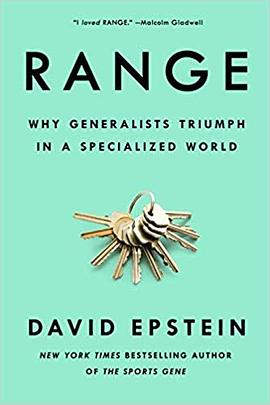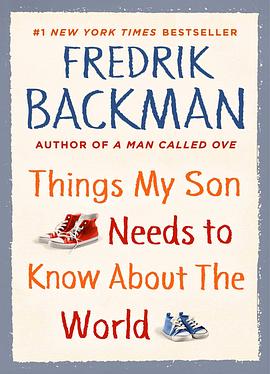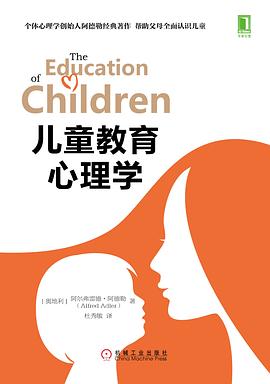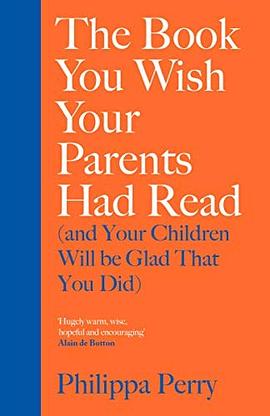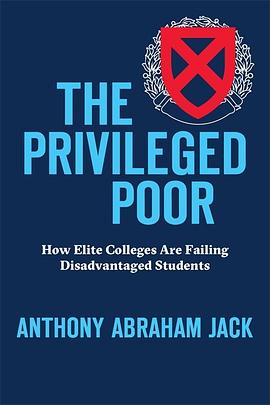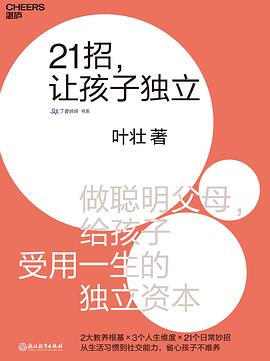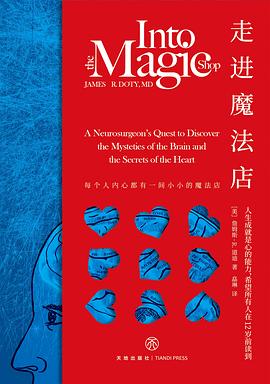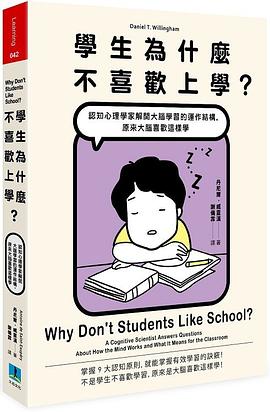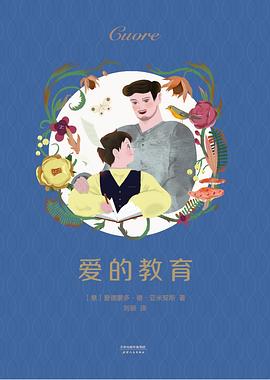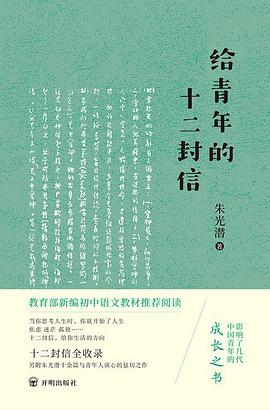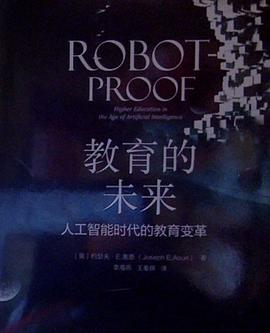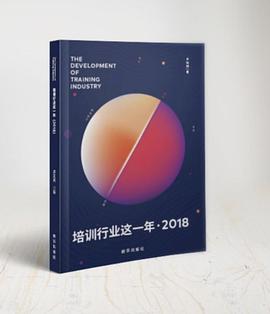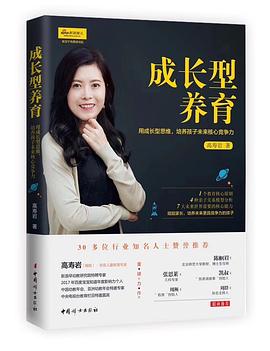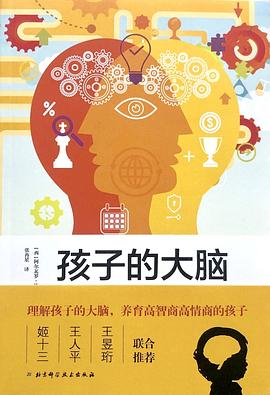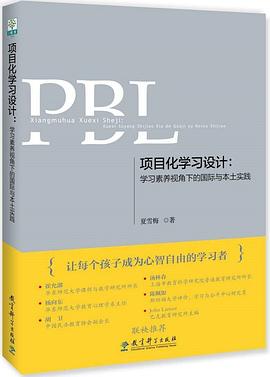
具体描述
David Epstein is the author of Range: Why Generalists Triumph in a Specialized World, and of the New York Times bestseller The Sports Gene, which has been translated in 21 languages. He has master's degrees in environmental science and journalism and has worked as an investigative reporter for ProPublica and a senior writer for Sports Illustrated. He lives in Washington, DC.
“Range is an urgent and important book, an essential read for bosses, parents, coaches, and anyone who cares about improving performance.” —Daniel H. Pink
What's the most effective path to success in any domain? It's not what you think.
Plenty of experts argue that anyone who wants to develop a skill, play an instrument, or lead their field should start early, focus intensely, and rack up as many hours of deliberate practice as possible. If you dabble or delay, you’ll never catch up to the people who got a head start. But a closer look at research on the world’s top performers, from professional athletes to Nobel laureates, shows that early specialization is the exception, not the rule.
David Epstein examined the world’s most successful athletes, artists, musicians, inventors, forecasters and scientists. He discovered that in most fields—especially those that are complex and unpredictable—generalists, not specialists, are primed to excel. Generalists often find their path late, and they juggle many interests rather than focusing on one. They’re also more creative, more agile, and able to make connections their more specialized peers can’t see.
Provocative, rigorous, and engrossing, Range makes a compelling case for actively cultivating inefficiency. Failing a test is the best way to learn. Frequent quitters end up with the most fulfilling careers. The most impactful inventors cross domains rather than deepening their knowledge in a single area. As experts silo themselves further while computers master more of the skills once reserved for highly focused humans, people who think broadly and embrace diverse experiences and perspectives will increasingly thrive.
用户评价
##Finished 10/12 chapters. A great challenge to 10k hour rule and don't be afraid of falling behind. When match quality isn’t good, quitting is a better way out to seek other options you feel passionate about where grit and perseverance are in the way of ‘quitting’. Van Gogh and self-discovery of rare genetic disease example
评分##读完整本书的收获和读完书名的收获差不多。书的内容基本就是用各种角落里挖出的符合自己论点的真实故事,浇上无限的琐碎细节,生生填满的。
评分10000小时定律相信大家都听说过,“人们眼中的天才之所以卓越非凡,并非天资超人一等,而是付出了持续不断的努力。1万小时的锤炼是任何人从平凡变成世界级大师的必要条件。”这是作家格拉德威尔在《异类》一书中提出的定律,并被大家所认可。 同时这个定律的出现也引发了很多人...
评分 评分 评分 评分 评分作为一名音乐工作者,在固有思维里,一直秉承术业有专攻,专业化训练越早开始越有利于技能的发展。想要精通一门乐器,最好从3,4岁就开始勤学苦练,然后附小-附中-本科-研究生,一路读下来,却还是觉得自己在专业上知之甚少。 不过,最近读到一本很有意思的书,彻底颠覆了我的认...
评分近1年商业/社科最佳。给了非常多案例讨论了:10000h什么时候是不必要的(late-specialization),是否应该转专业/转行(match quality+个人成长),什么时候data-driven的文化是有害的,不同问题/领域(类比思维+问题结构分析)如何移植经验,都很有启发. 最重要的是给了希望转变、没有很早确定目标的人信心 —— don't feel behind. 遗憾的是没有给specialization更多的讨论,e.g. 在什么时候specialize是必要的,什么时候generalize是好的,这样整个话题会更全面、客观
相关图书
本站所有内容均为互联网搜索引擎提供的公开搜索信息,本站不存储任何数据与内容,任何内容与数据均与本站无关,如有需要请联系相关搜索引擎包括但不限于百度,google,bing,sogou 等
© 2025 book.coffeedeals.club All Rights Reserved. 静流书站 版权所有

